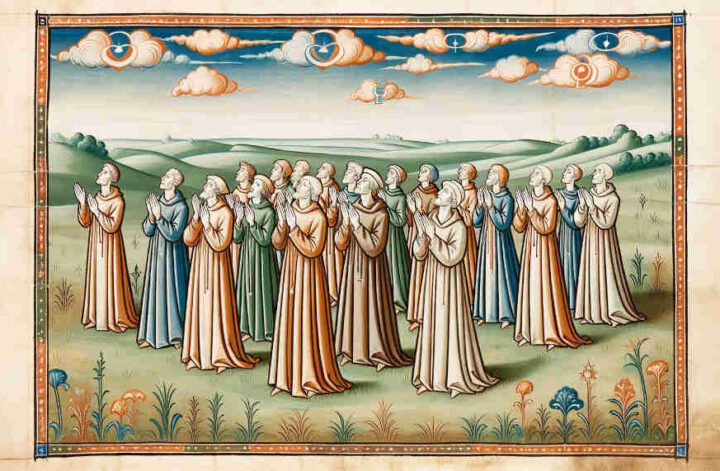Email from a reader: “Dear Rabbi Joshua, I’ve come across people who refer to themselves as Noahides, and I’m curious if this is considered a cult or a legitimate faith practice. Could you provide some clarity on this? Regards, Emily Smith”Dear Emily,
Your question addresses a common concern regarding the nature of religious movements and their classification. Let’s explore the Noahide movement from this perspective.
Definition of a Cult:
In common parlance, the term ‘cult’ often carries negative connotations, typically referring to a group characterized by extreme devotion to a charismatic leader, exploitation, psychological manipulation, and often isolation from mainstream society. Cults usually deviate significantly from traditional and established norms and practices of larger, more recognized religions.
The Noahide Movement:
The Noahide movement, on the other hand, is a spiritual and religious initiative based on the Seven Noahide Laws, which are derived from the Torah. These laws are a set of ethical and moral guidelines believed to have been given by God to Noah and, through him, to all humanity.
People who identify as Noahides are typically non-Jews who seek to follow these universal laws as a way of life. They usually do so out of a genuine spiritual and ethical commitment, rather than due to the influence of a single, charismatic leader.
Relationship with Mainstream Judaism:
Noahidism is recognized and respected within mainstream Judaism. It is seen as a legitimate form of religious expression for non-Jews who wish to connect with the ethical teachings of the Torah without converting to Judaism. Many rabbis and Jewish scholars support and provide guidance to the Noahide community, helping them understand and live by these laws.
Lack of Common Cult Characteristics:
The Noahide movement, in general, does not exhibit the typical characteristics of a cult. It does not revolve around a singular, authoritarian figure, nor does it encourage isolation or psychological manipulation. Instead, it is a faith practice centered on a set of moral principles with a focus on ethical living, spiritual growth, and connection to a monotheistic belief system.
Emily, I hope this clarifies the nature of the Noahide movement. While it is a distinct and relatively small religious group, its foundation in historical and ethical teachings places it within the realm of legitimate faith practices rather than that of a cult.
Warm regards,
Rabbi Joshua


